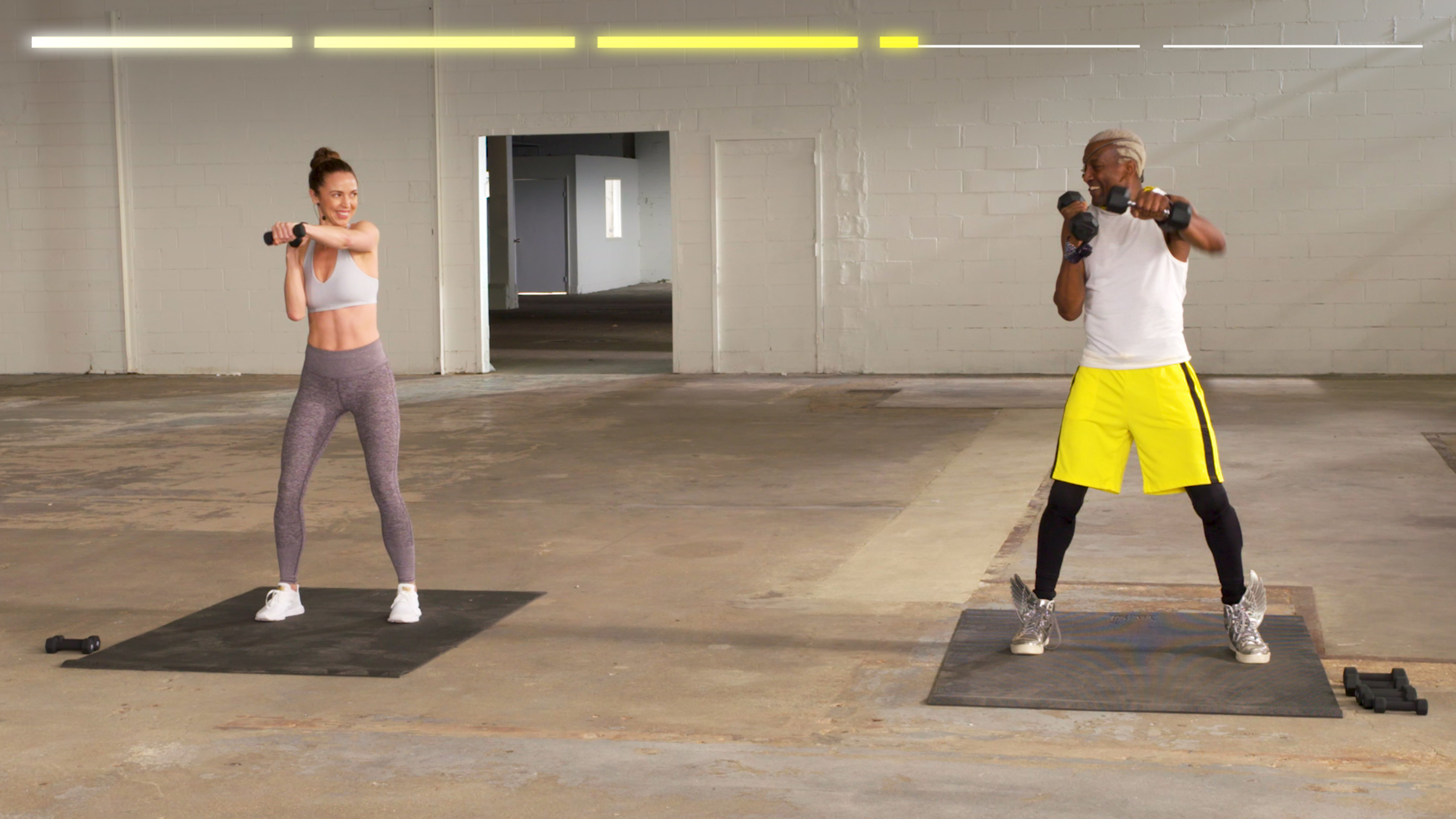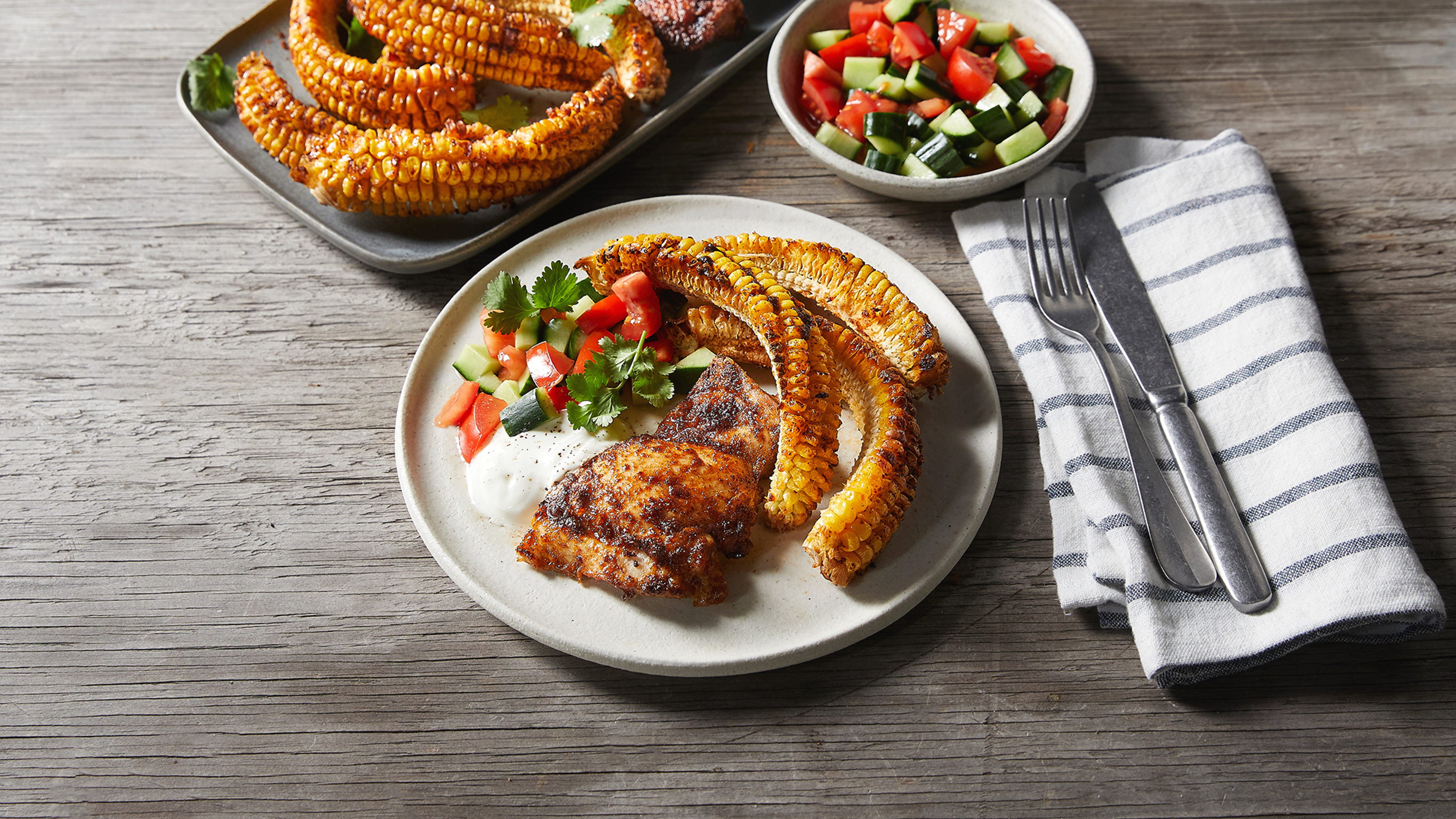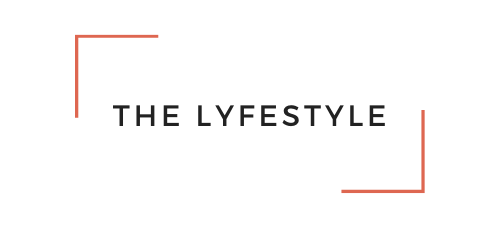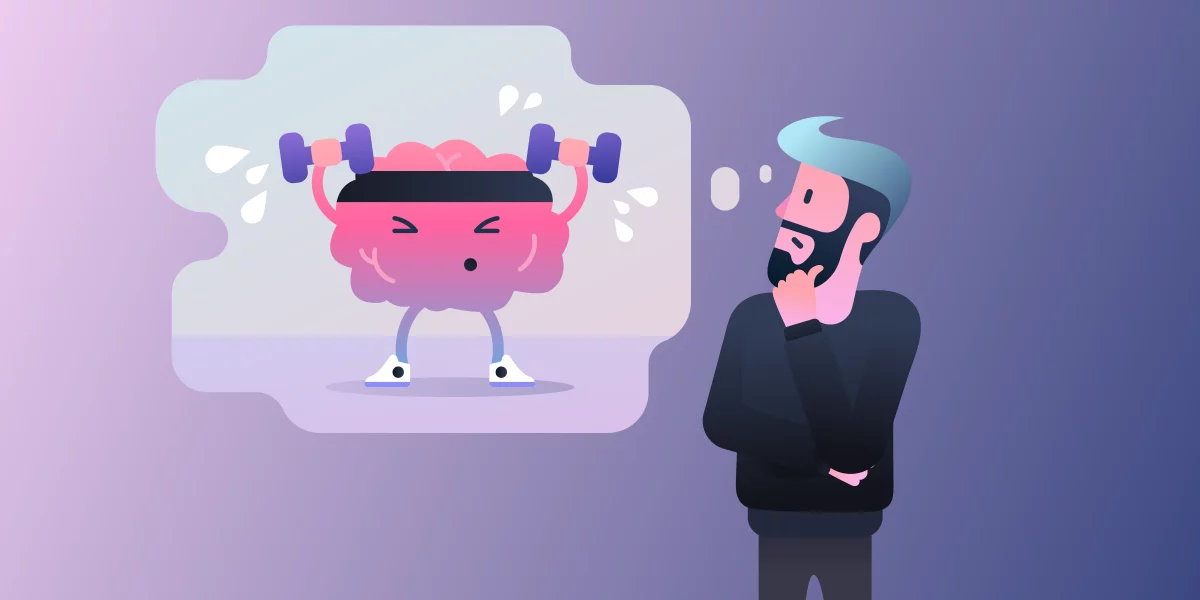When it comes to achieving goals or making changes, our culture gives willpower a lot of credit.
“Wow, you’ve got a lot of willpower getting out of bed to train when it’s freezing outside!”
“Gee, it must have taken some willpower to resist eating that entire tub of ice cream.”
But you know what? When it comes to achieving your goals, we think willpower is overrated.
Willpower can be lost, or difficult to find in the first place. Maybe you don’t think willpower is something you even possess. So when you struggle to follow a meal plan, get ‘too busy’ to meditate or give up on a workout program halfway through, you beat yourself up for not having the willpower to stick with it.
Instead of staking everything on willpower and beating yourself up when you ‘fail’, try these tips instead.
1. Find what feels good
You know working out, eating better and meditating would make you feel good – so why can’t you just do it already? It’s not that simple. Feelings have a massive sway over your choices, often even more than logic.

Think about it: you may resolve on New Year’s Eve to eat less junk food in order to achieve your goals. But when you’re tired and fading in the afternoon and your colleague is heading to the vending machine, the heat of that hangry moment will swiftly beat out your rational resolution.
You need to make sure your new habits feel good, otherwise you will never stick with them. For instance, rather than depriving yourself (which can lead to bingeing), aim to eat nourishing food that tastes good and gives you energy for all the things you want to do. To stick with a workout routine, aim for an efficient 20–40-minute session that leaves you feeling satisfied and accomplished, not in pain or completely wiped out. And don’t forget to stock your work bag with delicious Centr snacks for those hangry office moments.
2. Have you heard of habit stacking?
Why settle for one good habit, when you can stack one on top of another until you have a whole chain of good habits?
When you do something regularly – say, play the piano – your brain builds up connections. The more you do it, the stronger and faster these connections become. Habit stacking is built on the strength of these connections. The idea is that you take a habit you already have, then stack a new behavior on top of it.
So think about a habit you have, something you do on autopilot every day. Author James Clear describes the next step of the formula like this:
“After (current habit), I will (new habit).”
Want to ensure you work out in the evening, instead of crashing on the sofa as soon as you get home from work?
“After I get out of my work clothes, I will change straight into my workout clothes.”
Want to make time for meditation in your day?
“After I have my morning coffee, I take 5 minutes to meditate.”
Because the original habit is already built into your brain – and you have the behavioral patterns that go with it down pat – the new habit simply becomes an extension of the old one, and you’re far more likely to stick with it.
3. Make sure there’s energy in the bank
Struggling to find the energy and motivation to get into the kitchen and make healthy meals for the week ahead? You might not be lazy. You might need to balance your body budget so your brain has the energy it needs to build a new habit or take on a challenge.

Body budget refers to the idea that your brain has a finite amount of energy to distribute around your body – if you burn through your budget without replenishing it, your performance will suffer. Consistent sleep, nutritious meals at regular times, quiet time away from screens and news feeds, plus exercise can all help boost your energy levels and replenish your body budget. Which means you’ll have more energy to spend on the things you want to do!
4. Create space for your goals
Take willpower out of the equation and think about what stops you from reaching your goals. For instance, are choc chip cookies and salty chips the first thing you see when you open the pantry for a snack? Would you be less likely to eat them if there was a healthy option looking back at you instead? Maybe it’s time to change what you buy to stock your pantry (or at least the way you organize it.)
Think about what you can do to your environment to make the habits you want to build easier.
- Is getting to the gym in the morning too much of an effort? Pack your gym bag and put overnight oats in the fridge the night before – so all you have to do is grab it and go.
- Does clutter around the house make it hard to switch off? Create a dedicated space (even if it’s small) that you will keep clear in order to meditate and find calm.
- Perform better with someone egging you on? Recruit a workout buddy and keep each other accountable.
It’s all about creating spaces, and giving yourself simple access to tools that make it as easy as possible to build and stick to good habits.
Because when you lock in good habits, willpower can take a back seat.









